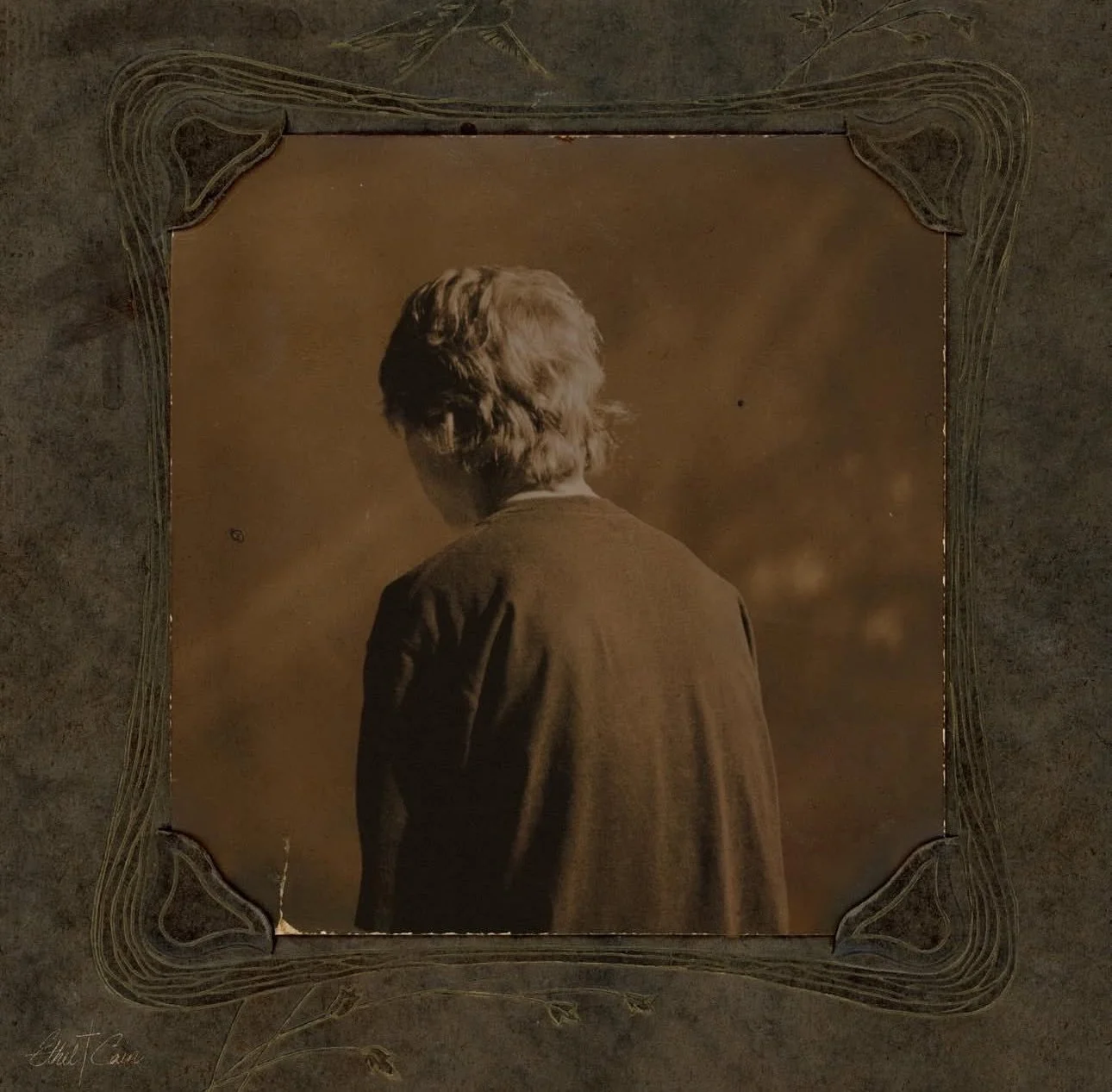Ethel Cain - Willoughby Tucker, I'll Always Love You
Ethel Cain’s second studio album is a Southern Gothic epic—cinematic, disquieting, and utterly absorbing. A spiritual sibling to cult horror films and 20th-century American literature, it reaffirms her status as one of the most idiosyncratic voices in indie music today.
It’s difficult to name a more compelling figure on the current alternative landscape than Ethel Cain. From her provocative presence on social media to her unflinching, transcendent songwriting, she doesn’t just attract attention — she commands investment. You don’t simply want to follow her; you find yourself needing to hear her thoughts on society, art, and pain. But for those of us who came for the music, it’s her evolution as a storyteller and sonic architect that matters most. With one now-canonized debut, several vital EPs, and an unshakable catalog of singles, Cain has already carved a place among the decade’s most vital auteurs.
That’s why Willoughby Tucker, I’ll Always Love You — a conceptual prequel to her 2022 magnum opus Preacher’s Daughter — arrives not merely as a sophomore album but as a full-blown event. And the result? More than worth the wait.
Where her debut zeroed in on the doomed arc of its titular preacher’s daughter, Willoughby Tucker shifts the spotlight to her ill-fated lover. But this isn’t just a character study — it’s a deeper excavation of the scorched, mythic Americana that surrounds them both. The record is rich in atmosphere, cinematic in scope, and meticulous in its world-building. Instrumental tracks like “Willoughby’s Theme” and “Willoughby’s Interlude” echo the haunted synths of Twin Peaks, while “Radio Towers” revisits the bleak minimalism of her January EP Perverts. Yet unlike that release, the interludes here bolster rather than fragment the album’s narrative weight, painting a clearer picture of the era and emotional terrain her characters inhabit.
Genre-wise, Cain continues to defy classification. From alt-country sketches to punishing doom metal crescendos, Willoughby Tucker is a kaleidoscopic showcase of her artistic range. Opening track “Janie” is a devastating slowcore ballad, setting a tone of fragile beauty and emotional ruin. Her voice is feather-light, even angelic, as she sings of unhealed wounds and traumatic devotion. “A Knock at the Door” shifts the register entirely — her vocals climb so high they seem almost unrecognizable, bathed in reverb and echo, delivering one of the album’s rare moments of lyrical tenderness: a whispered love letter wrapped in spectral gauze.
Still, Cain doesn’t shy away from pop flourishes. Pre-release single “Fuck Me Eyes” is a radiant detour into synth-pop, conjuring the ghost of “Bette Davis Eyes” and giving it a melancholic, dreamlike overhaul. In this track, the album introduces a new character — Holly Reddick, adored by men and yet, like everyone in Cain’s Southern Gothic universe, deeply unhappy.
What sets Cain apart, ultimately, is her command of narrative. “Nettles” might be the most emotionally arresting song of her career: its delicate instrumentation masks a core of devastating introspection. She doesn’t flinch — she presses further, letting her soft, celestial voice hover above the wreckage like a funeral hymn. In contrast, closer “Waco, Texas” is an immense, scorched-earth goodbye — fifteen minutes and fifteen seconds of slow-burning anguish, its runtime itself a symbol (angel number 1515 is said to mark transformation and renewal). It’s not hard to believe this number was chosen with intention.
But Willoughby Tucker also knows when to detonate. “Tempest” is a spiritual sister to Preacher’s Daughter’s “Ptolemaea” — a volcanic eruption of reverb-drenched guitars and guttural screams where Cain’s voice becomes more texture than language. It’s a full-blown emotional collapse, buried under layers of doom metal distortion, yet what emerges beneath is heartbreakingly human: a desperate yearning to love amid chaos. Just as visceral is “Dust Bowl”, a fan-favorite since its early demo days. Sampling cult slowcore icons Duster, the track now soars like a jet engine during takeoff — particularly in the chorus, where Cain stretches out syllables like they might lift her skyward. It’s a moment of release that paradoxically weighs you down with the full gravity of existence.
At its core, Willoughby Tucker, I’ll Always Love You is a chronicle of escape — from abuse, addiction, and emotional annihilation. But Cain’s genius lies in her ability to locate transcendence in despair. Even at its most harrowing, the album gleams with moments of light, allure, and strange, sacred beauty. Few artists today are as devoted to concept as Cain, and even fewer execute it with this level of precision. Every Ethel Cain release feels monumental — uncompromising in vision, unmatched in scope. Willoughby Tucker is no exception: it’s not just an album, it’s an invocation.
8.6/10




